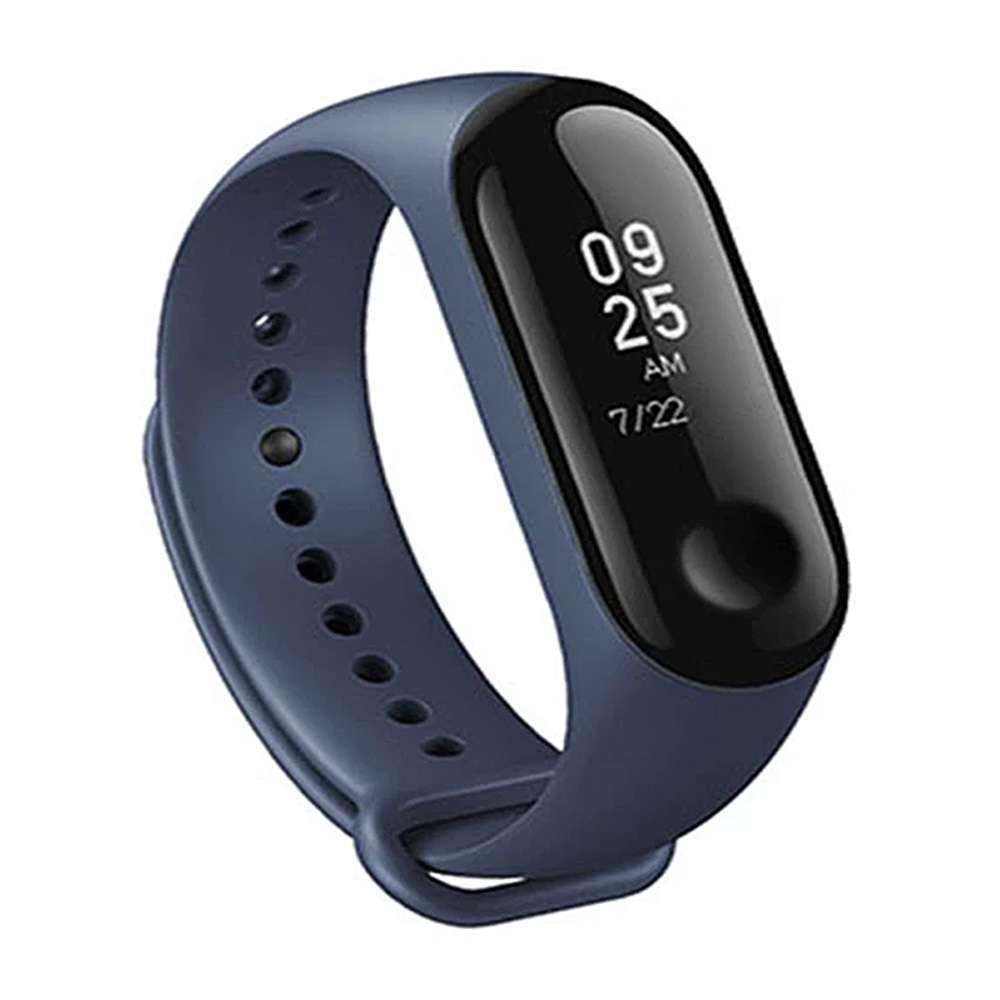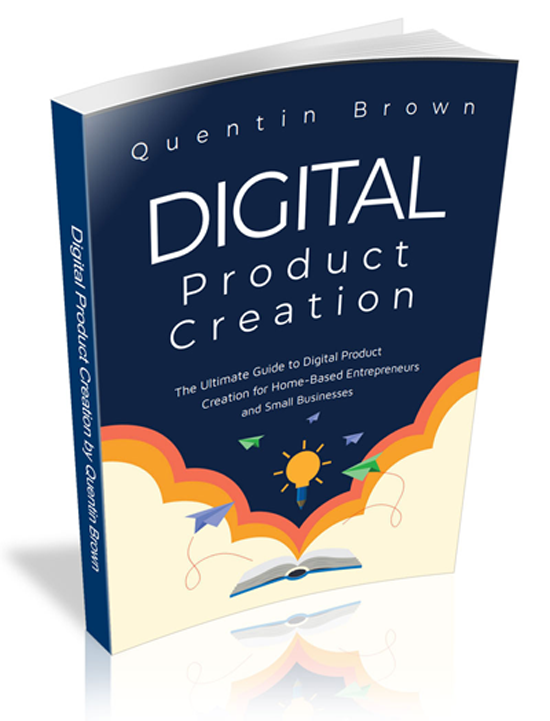Secret #7 Monitor Your Health
As I am a relatively new retiree I quickly learnt that sitting around led to a sedentary lifestyle. To keep a check on my health I bought my wife and myself a fitness tracker.
I use Xiaomi Mi Band 3 however there is a lot of choices. This is middle range usually selling between $30 and $60 and comes with a nice app which makes it much easier to read.

This will help monitor your steps, heart etc and can be programed for many more activities.
Because it gets very hot here in Queensland I also try to do walks in big shopping centres to make use of their air conditioning. My wife and I try and do it every day.
Doctors
I also have built up a good rapport with my doctor and have quarterly blood tests to keep an eye on everything. I also have a PSA test with bloods twice a year.
This saved me from getting terminal prostate cancer as we caught it very early.
Up until I was about 60 I probably saw a doctor only a few times in my life however as you get older it is much better to keep it regular.
In a later chapter we will look at diet as developing good eating habits is good for health and the wallet.
Lastly communicate with family or friends locally to keep them up to date with your current health so if something goes wrong you have backup.
Mental Wellbeing
Mental health conditions can affect anyone at any time, and can develop after a life change like starting retirement. Beyondblue says that around 10 to 15% of older Australians experience depression and 10% experience anxiety, with the rate of depression climbing to 35% for people living in residential aged care.
The good news is that there are ways you can support your mental wellbeing, and help is available to get you back on your feet if you hit a bump in the road.
Finding purpose, looking after your physical health, making connections, feeling safe and accessing support are all key elements in maintaining mental wellbeing. The tips below contain ideas to help you find these during retirement.
Seeking support
Mental health conditions like anxiety or depression can affect anyone at any time. It’s important to know that these conditions are health conditions, like catching a cold, not a weakness or character flaw. The good news is they can be managed and treated by health professionals.
If you’ve been feeling sad, worried, stressed, angry, numb or just ‘not yourself’ for two weeks or more, or if you would like extra support managing your mental wellbeing, speak to your GP about how you’re feeling. They might be able to help you, or might refer you to a psychologist or counsellor. Sometimes just telling someone about how you’re feeling is the first step towards feeling better.
Beyondblue have resources to help you learn more about mental health conditions, including an anxiety and depression checklist and a section on their website just for older Australians.
https://www.beyondblue.org.au/who-does-it-affect/older-people
Life starts at sixty
For many people, life really does begin at 60. You’ve got more time for the things you’ve always wanted to do – visit new places, take up hobbies, or see more of friends and family.
However, some things can seem a bit harder. We start losing people close to us. Friends and family are often far away. Our bodies can slow down a bit, and we might have more health issues to worry about. These changes can increase the risk of anxiety, depression and suicide in older people.
But you don’t have to put up with doing it tough – support is available.
Secret #8 Develop Your Hobby

